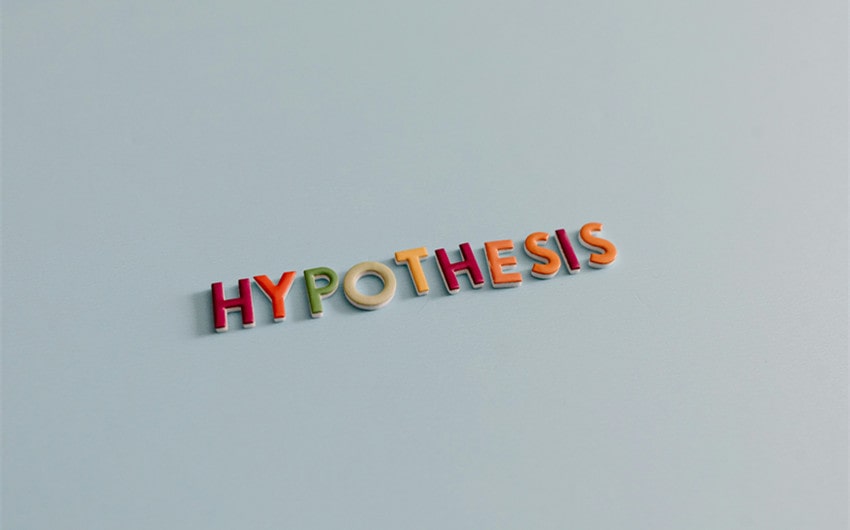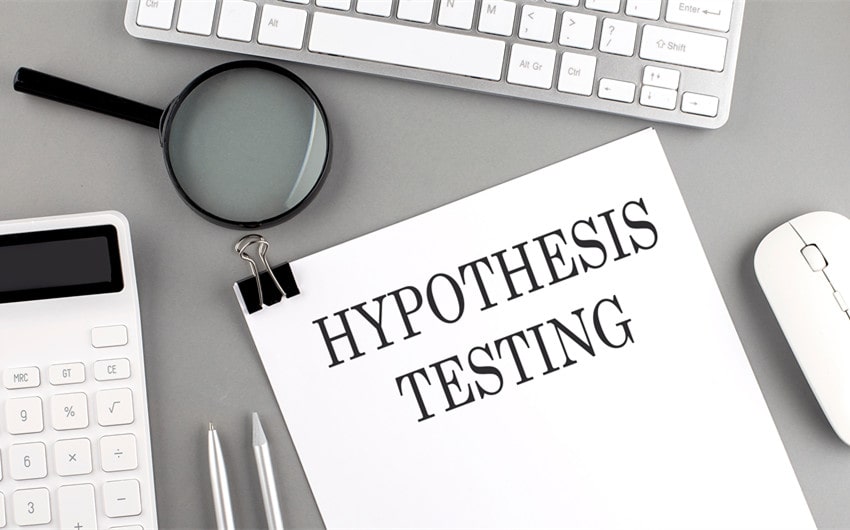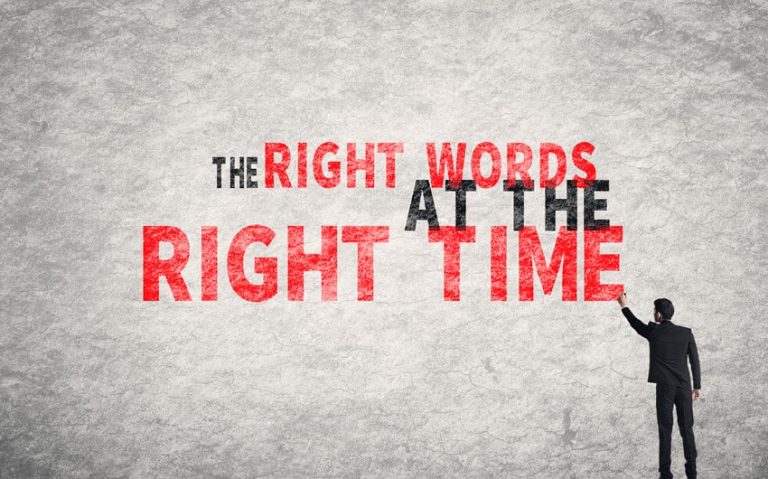4 Key Differences Between Hypothesis and Theory Explained
When it comes to understanding the world around us, we often hear about ideas being called hypotheses or theories. But what do these terms really mean, and how do they fit into our everyday lives?
Whether it’s predicting the weather or figuring out how things work, knowing the difference between hypothesis and theory can help you make sense of the world. Both are crucial in science, but they serve very different roles. Let’s break it down in a simple way so you’ll know when something’s just a guess and when it’s backed by solid evidence.
What is a Hypothesis?

A hypothesis is an educated guess or prediction that offers a potential explanation for an observation or phenomenon. It’s the starting point in the scientific method, where a researcher proposes an idea that can be tested through experiments or observations. A key characteristic of a hypothesis is that it must be testable and falsifiable, meaning there must be a way to prove it wrong if it doesn’t align with the data. For instance, a common hypothesis might be, “Plants grow faster when exposed to more sunlight.”
The goal of a hypothesis is to provide a clear, focused question that guides further investigation. In this case, experiments would be designed to test whether more sunlight actually accelerates plant growth. If the data supports the hypothesis, it may be considered valid, but if not, it could be revised or discarded. It’s a crucial first step in scientific inquiry, setting the stage for deeper research and discovery.
What is a Theory?

A theory is a well-substantiated explanation of a natural phenomenon that is backed by a large body of evidence. Unlike a hypothesis, which is a starting point, a theory is the result of years, often decades, of research, experimentation, and observation. It isn’t just a guess or an idea; it’s a framework that has been tested repeatedly and consistently supported by scientific data. For example, the theory of evolution explains how species change over time, based on extensive evidence from biology, genetics, and fossil records.
One of the defining characteristics of a scientific theory is that it provides a comprehensive explanation for a broad range of observations. It goes beyond a single experiment or test, offering a unified understanding that can predict outcomes in various situations. For instance, the germ theory of disease, which states that many diseases are caused by microorganisms, explains a wide array of medical conditions and has been essential to advances in healthcare and medicine.
As new evidence is discovered, a theory can be refined, expanded, or even modified to fit the latest data. However, a theory isn’t easily overturned. It must go through rigorous scientific scrutiny and survive numerous challenges before becoming widely accepted. The strength of a theory lies in its ability to withstand repeated testing and still provide consistent, reliable results.
Key Differences Between Hypothesis and Theory

While both hypotheses and theories are vital to scientific progress, they play very different roles in the process of discovery. Understanding the distinctions between the two can help clarify how knowledge is built and tested over time.
1. Level of Certainty
A hypothesis is essentially a starting point—a proposed explanation or educated guess made before any extensive research or testing has been conducted. It is speculative and requires testing to determine whether it holds up under scrutiny.
In contrast, a theory is much more established. Theories are built from a significant body of evidence collected over time, making them well-substantiated explanations of natural phenomena. While a hypothesis seeks to prove or disprove a specific idea, a theory represents a broader understanding of related concepts.
2. Testing and Evidence
One of the biggest differences lies in how hypotheses and theories interact with evidence. A hypothesis is a single, testable statement designed to be proven or disproven through experiments and observations. For example, a scientist might hypothesize that a certain chemical will speed up plant growth and then run experiments to see if the results support or refute this idea.
A theory, on the other hand, has already been tested and retested by various scientists and across different situations. It is the result of many hypotheses being confirmed, and its strength comes from being repeatedly validated through a broad range of experiments.
3. Scope
Hypotheses tend to have a narrow focus, typically aiming to explain a specific, isolated question. For example, a hypothesis might explore how increasing light affects plant growth in a particular type of plant. The scope of this idea is limited to one particular factor.
Theories, however, are broader in scope, encompassing larger patterns and principles. For instance, the theory of gravity doesn’t just apply to one object but explains the force between all objects with mass, whether they’re planets, apples, or atoms. Theories offer an overarching framework that connects multiple hypotheses and observations into a unified explanation.
4. Purpose
A hypothesis is a tool for making predictions that guide scientific experiments. It directs researchers on what to look for and how to design their studies. A theory, by contrast, serves a different purpose.
It not only explains why certain phenomena occur but also allows scientists to predict future events based on the framework it provides. Theories are used to explain and predict a broad range of events, making them invaluable for advancing knowledge across various fields of science.
How a Hypothesis Can Become a Theory
| Step | Description |
| Formulation of a Hypothesis | A testable and falsifiable prediction is made about a phenomenon. |
| Testing and Experimentation | The hypothesis is tested through experiments, and data is collected to see if it supports or refutes the hypothesis. |
| Replication and Peer Review | Other scientists replicate the experiments to confirm the results, and peer reviews validate the research. |
| Accumulation of Evidence | Multiple experiments and studies gather supporting evidence for the hypothesis, increasing its credibility. |
| Broadening the Hypothesis | As evidence grows, the hypothesis is generalized and applied to broader contexts. |
| Formation of a Theory | The hypothesis becomes a theory when it’s supported by substantial evidence and can explain and predict phenomena. |
| Ongoing Scrutiny and Refinement | Even after becoming a theory, it undergoes continuous scrutiny and may be refined as new data emerges. |







